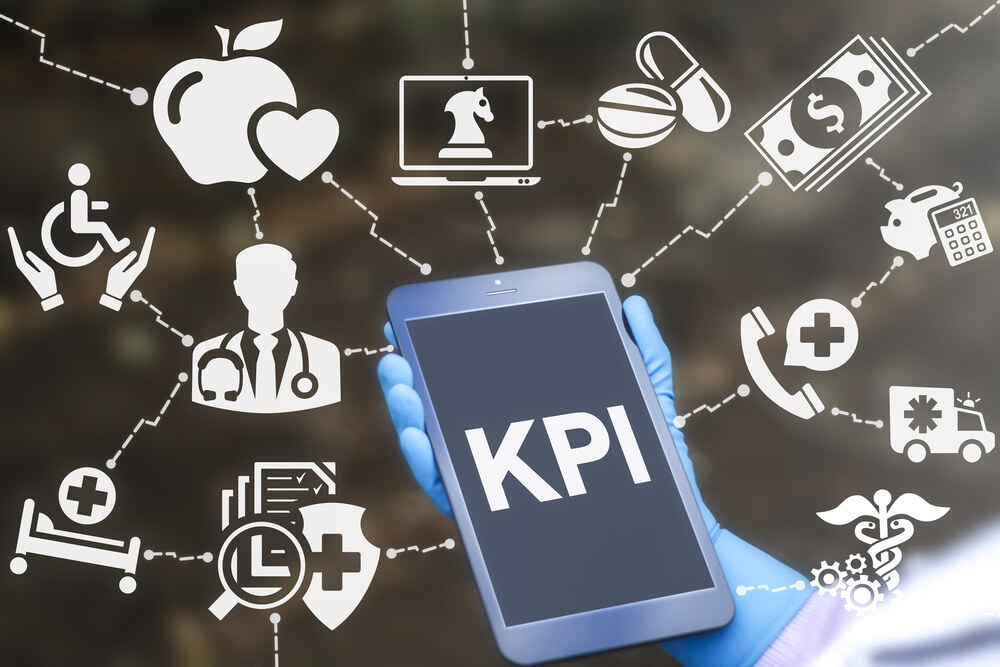Healthcare compliance training, as the name suggests, involves training employees to be able to comply to a set of regulations and responsibilities, in the field of healthcare, as well as to any forthcoming changes in these regulations. Healthcare ERP systems can help manage and safeguard PHI, reducing the risk of violations. Compliance training is mandatory Read more…
Patient Collection Strategies, and Mistakes to Avoid
The most fundamental mistake practices could perpetrate, potentially denting customer approval and eventually, the cachet of the practice itself, is treating the entirety of the process of the collection as a mere revenue-generating tool. While it truly is a source of revenue but approaching it with such a facile mindset might not be very productive Read more…
3 Important KPIs for Your Practice in 2022
With the healthcare industry continuing to shift towards payment models which place a greater burden of payment on patients rather than payers, keeping a firm grasp on your revenue cycle is more important now than ever for providers. All healthcare organizations have been quick to understand the value of data; however, raw data on its Read more…
Ensure Success in Telehealth With These Basic Tips
Telehealth as a service has seen a massive surge in adoption and usage over the course of the COVID-19 pandemic. The primary reason behind this recent growth is, of course, the fact that it has allowed patients to continue seeing their providers in a remote and safe fashion, circumventing the need to visit a healthcare Read more…
6 Strategies to Optimize Your Waiting Room Experience
What’s the worst part of going to the doctor? Waiting. Sitting in an uncomfortable chair in a boring, sterile room, next to someone watching a loud video on their smartphone for an hour before you get to your appointment is not the best experience. You can’t help but wonder: how many of the other people Read more…
3 Ways an EHR Can Make New Practices Profitable
Launching your own practice can be one of the most exhilarating experiences in the professional journey of a provider. In addition to having a sound understanding of how practices operate, it requires a great deal of planning to pull off such a gambit. It may be more difficult for providers belonging to specialized fields. Equipment Read more…
Why Having Your Own Private Practice Blog is Important
The schedule of a private practice owner is incredibly hectic. You’re dealing with billing, finances, employees and struggling to even find the time to see patients. You might be wondering, then, why you should find the time to start your own blog? The last thing you want to do with such a tightly packed schedule Read more…
3 Tips to Upgrade Your Healthcare Marketing
Increased competition, lower reimbursement and evolving patient preferences are just a few of the many, many challenges making it harder to thrive as a medical practice, and a global pandemic certainly did not make things any easier. To continue standing out in such a crowded field it is important for providers to renew their focus Read more…
DOs and DON’Ts of Physician Contract Negotiations
Despite minting large sums gleaned from tuition fees and massive student loans, medical schools continue to be ineffective in teaching aspiring physicians elaborate strategies required to actually achieve success in their field. Arguably, the pursuit of this profession is primarily driven by the noble aim of helping humanity in times of sickness; this altruistic undertone Read more…
A Guide to Improving Patient Satisfaction Scores
Physician reimbursement rates continue to fall, while what little reimbursement they do receive is tied heavily to patient satisfaction scores. While this might once have been a problem that only hospitals had to worry about, it has now come to affect practices of all sizes; and getting those scores up is becoming harder than ever.









